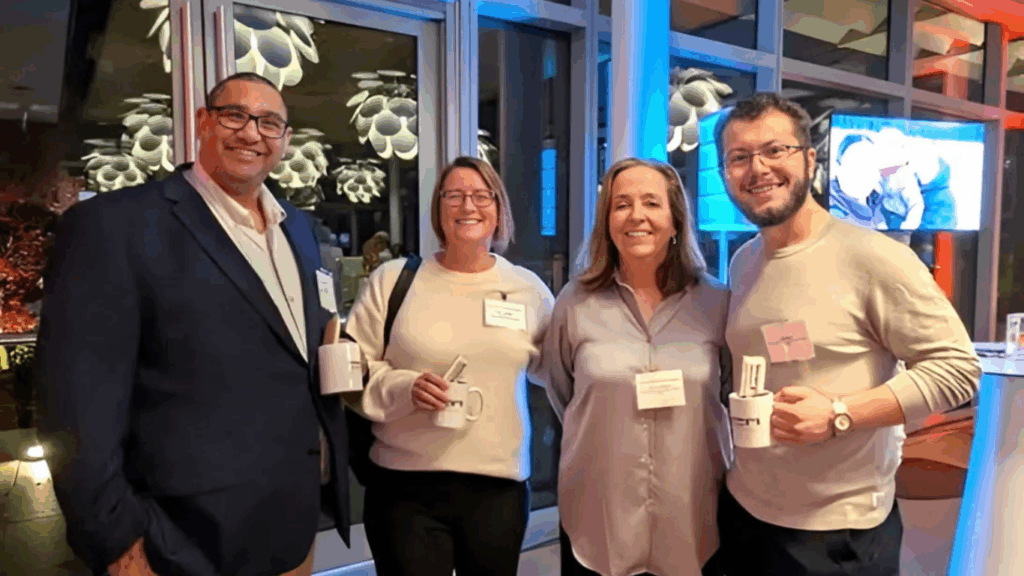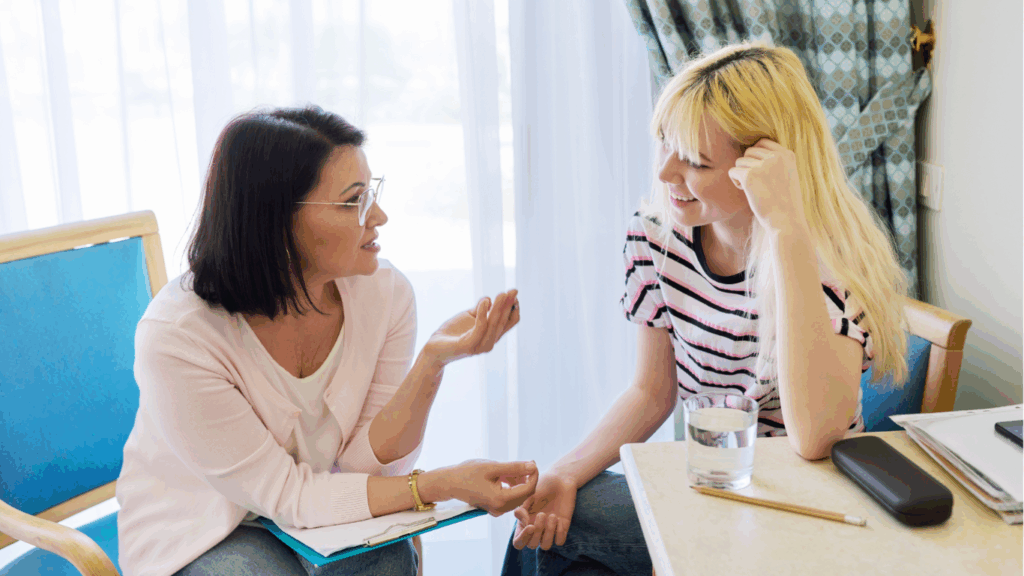A summary of Patricia Irwin Johnston’s presentation at the 2003 NACAC Conference.
If you have experienced infertility and are thinking about adoption, here are some questions to ask yoruself before moving forward.
Have you worked through your infertility losses?
Have you ranked those losses (in a couple, feelings of loss may be different)? Losses may include: loss of sexual spontaneity, loss of feeling like a “real woman” or a “real man,” lack of control in planning your life, loss of the pregnancy and birth experience, loss of conceiving a child with your partner, loss of maintaining your family’s genetic continuity, loss of the ability to parent. If you don’t rank the opportunity to parent as your biggest loss, then maybe adoption isn’t the route you for you. Adoption will not solve the other losses listed.
Are you prepared to end infertility treatment?
If not, you are not ready to go forward into adoption.
Are you prepared for new losses?
You may experience not being chosen as the parents for a particular child, or you may still feel out of control of your destiny or the process of adoption. It may help you to realize that some of the losses that you have experienced are similar to those faced by children who are waiting to be adopted or who have been adopted.
Adoption has a different focus
Unlike infertility treatment where you are the client, in adoption it is the child that must be the main focus. This means that you will have to participate in what may seem like an intrusive process of home study and investigation. It’s not about you, it’s about finding the best family for a particular child. Private adoption agencies and government departments concerned with adoption should advertise the process of adoption rather than the children. They should also clearly explain every stage of the adoption process to prospective adoptive parents and why it is necessary.
No child is a substitute
No one wants to, or can, be a replacement for anyone else. Children must be loved in their own right and spared the burden of replacing a biological child.
Can you take a leap of faith?
No child comes with guarantees, even biological children. Kids may come to you with characteristics or problems that you had not anticipated. You need to be prepared to commit to your child forever, no matter what problems she may have.
Can you be flexible and patient?
All parents need to have a high component of both qualities. Even for very young babies, your home and family culture will be strange. This may produce behaviour that you find hard to cope with. Be prepared for that and do your utmost to build support networks with family, friends and other adoptive parents.
Have you educated yourself properly?
Adoption of a child is a lifelong commitment. It is the responsibility of all parents to prepare thoroughly for this. While adoption agencies and social workers have a large part to play in preparing you, it is also your job to educate yourself about the issues and challenges you may face. Have you done all your reading about attachment, openness, parenting, cultural and other adoption issues? In today’s society, we often expect information to be delivered quickly and to be easily digested. The human brain only processes about half the information it receives at one time. So give your brain a break—don’t rush into all this reading: slow down and let it sink in.
Do you get the importance of open adoption?
Openness can be challenging, but it can also reduce much of the pain and mystery around adoption for a child. Many families develop strong and lifelong relationships with birth families and gain much support from doing so.
Do you understand attachment?
There is an ongoing debate on the age at which a child can experience attachment issues. Some people believe that even in-utero a child whose mother is experiencing trauma or violence begins to prepare itself for a hostile world. Others think that a child can tolerate a number of caregivers until the age of seven or eight months without effect. Whatever is the case, each child is different and you must educate yourself about attachment.





